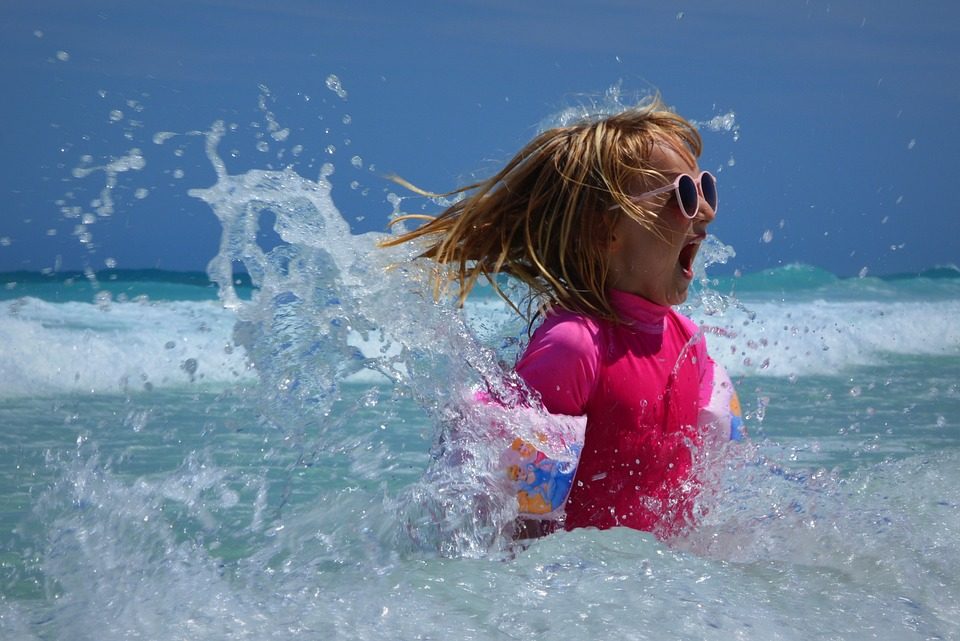What criteria do you use when you pick out a new pair of sunglasses?
When shopping for sunglasses most people will put a lot of thought into how fashionable a pair of sunglasses are, or how well they shade your eyes from the sun. It turns out that the only thing that will actually protect your eyes is how much the lenses block ultraviolet light.
A 2014 study by the American Academy of Ophthalmology found that 47% of people do not check the UV ratings when buying sunglasses. They also found that 53% of people incorrectly believe that darker lenses provide more eye protection.
It turns out that the only thing that matters is the UV rating. To fully protect your eyes, you should never wear sunglasses that are not labeled “UV400” or “100% UV Protection.” UV Rays have the potential to cause corneal damage, macular degeneration, cataracts, and even a type of skin cancer called Melanoma can develop in your eye. In extreme cases, the damage can lead to blindness.
How much damage can UV light cause to your eyes?
Your eyes can experience both short-term and long-term eye damage from UV light. It is estimated that it only takes about 100 seconds of looking at the sun for permanent damage to occur. Lifetime sun exposure damage usually starts to show symptoms around the age 50 in most adults. People that work outside for a living are at a greater risk for eye damage because of extended exposure. If you are required to wear protective eye wear for your job you should always request that they have 100% UV Protection to prevent a workplace injury.
What else can I do to prevent eye damage?
It turns out that it does not matter how much you spend on your sunglasses as long as they have full UV protection. Bigger sunglasses offer more UV coverage and are recommended to help protect your eyes. When buying glasses remember that the color and shade do not matter. Colorful lenses may help increase contrast and can be useful when playing sports outdoors. The color and how dark the lenses are will not affect eye protection, and that means these factors are only important for personal preference. Polarized sunglasses only help with glare off water and other reflective surfaces. They should not be depended on to provide any additional sun protection.
Eye injury tends to increase during the summer when more people are doing yard work without protecting your eye. An eye injury can be caused by anything as small as a piece of grass, an insect, or a rock that is propelled at the eye while mowing your lawn. To prevent eye injury never use any machinery without eye protection.





No Comment